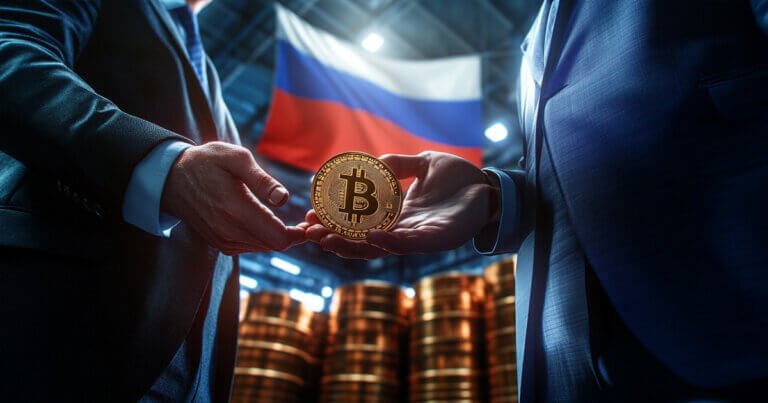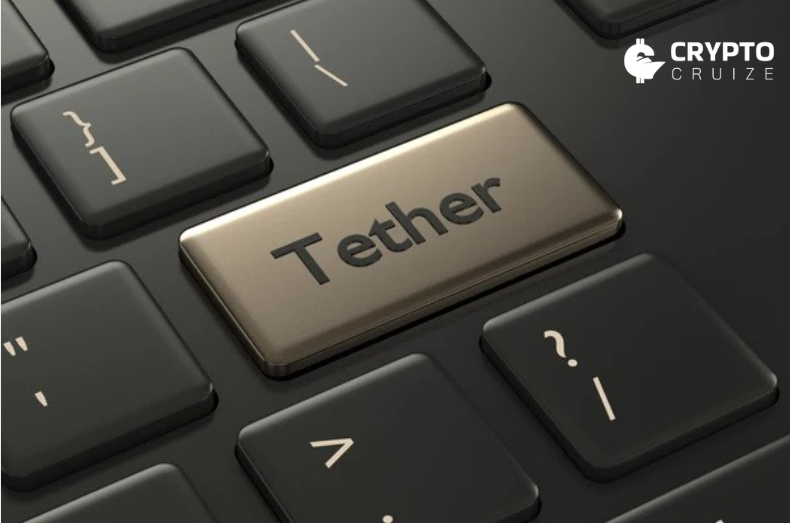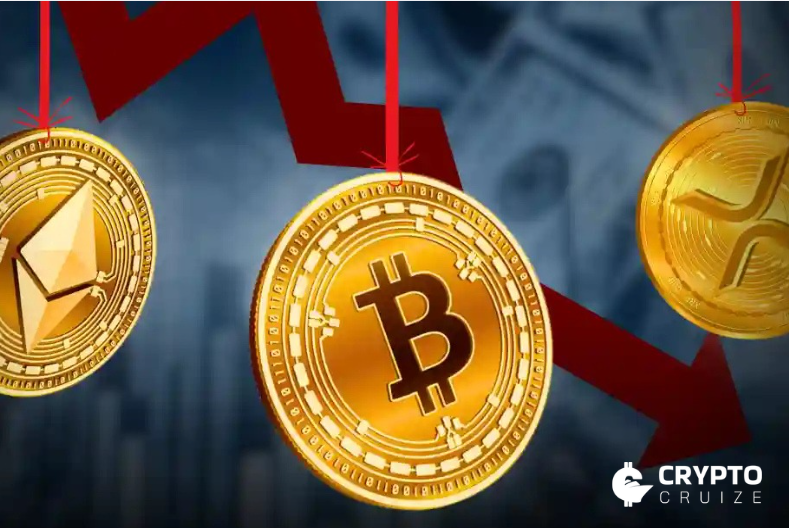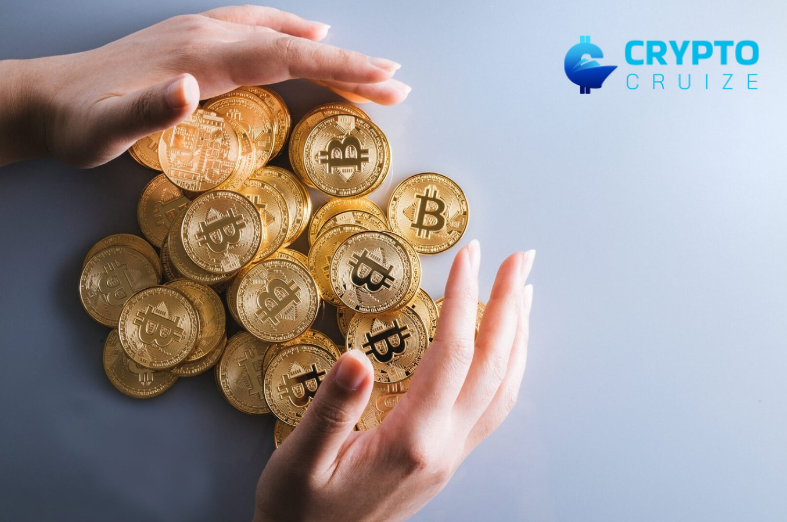As Western sanctions tighten their grip on Russia, the country is turning to Bitcoin and other cryptocurrencies to settle international trade payments. This move, confirmed by Russian Finance Minister Anton Siluanov, highlights the growing role of digital assets in bypassing geopolitical restrictions.
Circumventing Sanctions with Bitcoin
Russia has faced stringent sanctions from Western nations following its invasion of Ukraine, including the exclusion of several Russian banks from the SWIFT network. These measures have complicated international trade payments, prompting Russia to explore alternative solutions.
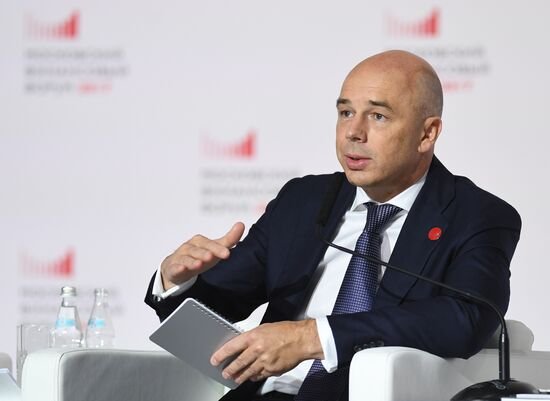
Siluanov revealed that Russian companies are already using Bitcoin mined domestically to facilitate foreign trade transactions under an experimental regime. “We believe [these transactions] should be expanded and developed further. I am confident this will happen next year,” he stated during an interview on the Russia 24 television channel.
International Partnerships and Bitcoin’s Resilience
Despite Western restrictions, Russia continues trade relations with countries like China, India, and Turkey. To navigate sanctions, these nations are exploring non-dollar payment systems, including settlements in local currencies and cryptocurrencies.
The move aligns with recent remarks from President Vladimir Putin, who praised Bitcoin’s resilience, emphasizing its immunity to government control. A Russian lawmaker has also proposed adding Bitcoin to national reserves to hedge against geopolitical risks.
New Mining Regulations in Russia
Even as Russia leverages Bitcoin for trade, it is implementing stricter regulations on cryptocurrency mining. Starting 1 January 2025, certain regions in Russia will face a six-year ban on crypto mining due to energy management concerns. These restrictions stem from recent laws signed by President Putin, underscoring Russia’s dual approach to cryptocurrency adoption and regulation.
The rising demand for Bitcoin is not limited to Russia. The cryptocurrency recently crossed the $100,000 mark before stabilizing above $95,000. This surge follows the election of US President-elect Donald Trump, who has openly supported Bitcoin, dubbing himself the “first Bitcoin President.” His pro-crypto stance and strategic appointments in regulatory agencies signal a potential policy shift favouring digital assets in the United States.
The Future of Bitcoin in Global Trade
As geopolitical tensions reshape global trade frameworks, Bitcoin’s decentralized nature offers a viable alternative to traditional payment systems. Russia’s experiment with Bitcoin in international trade could set a precedent for other nations seeking to navigate sanctions and currency restrictions.
While challenges such as regulatory scrutiny and energy concerns remain, Bitcoin’s expanding role in global commerce underscores its growing significance in the evolving financial landscape.






































